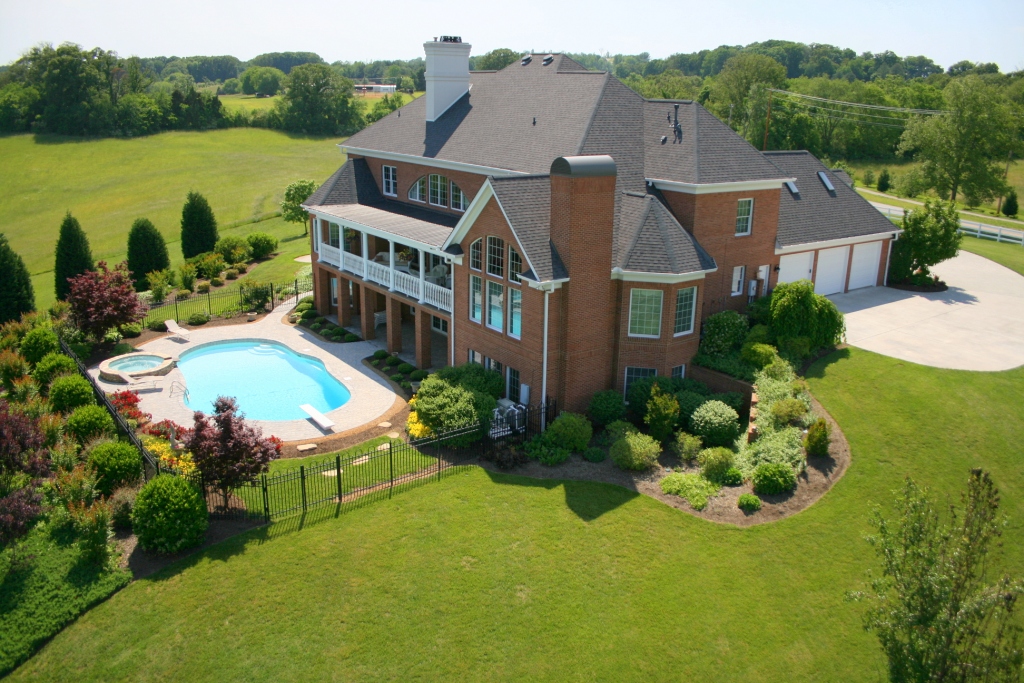157 Grand Vellore Crescent
https://imaginahome.com/wp-content/uploads/2015/02/full_29.jpg 1024 683 Chris Chris https://secure.gravatar.com/avatar/87ccdb5d25d8d1bed485e8c9f84a255b811ddf7480754eac9747955a97ea059d?s=96&d=mm&r=g
A modern château found in one of the city’s most sought-after neighbourhoods. Featuring exquisitely finished principal rooms as well as four, large and beautifully appointed bedrooms each with its own ensuite, the home is a luxurious residence designed for a lifestyle of easy affluence. The exterior of the home marries an attractive natural stone and stucco façade with inlaid pot lights on the front and rear soffits giving the home a grand appeal. The four garages sport colonial style doors while the covered front porch boasts a vaulted ceiling with a drop chandelier – all of which is fronted by a handsomely landscaped stone driveway and walkway. The interior of the home is a rich medley of high-end materials that have been combined to great effect. It boasts extra high baseboards, doors and ceilings throughout along with custom panel mouldings on all door jambs, and a large cold room on the lower level along with two, French door walkouts to the lower patio. Backing onto a conservation area offering terrific natural views, this extraordinary residence is to what you have been aspiring.
View all photos of this beautiful property here.


